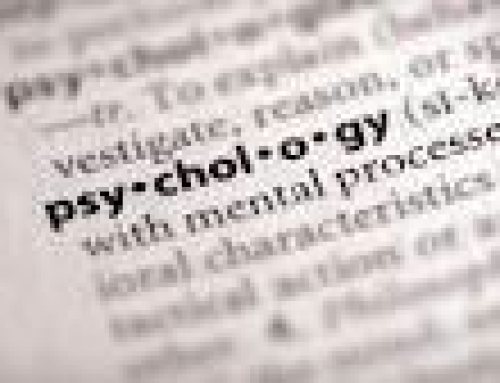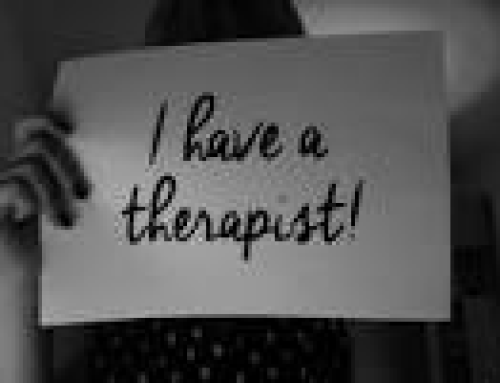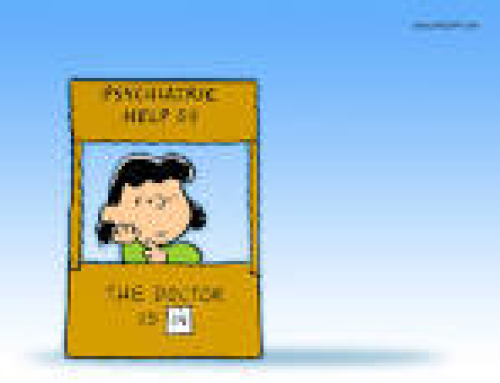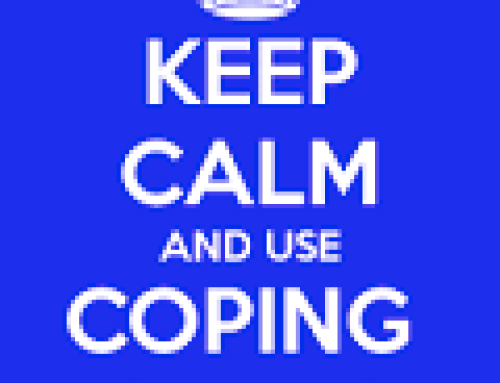Author: Lea Zweig, Psy.D.
 Everyone experiences sadness at some point in their lives; however, the expression and severity of this emotion is unique to each individual. For some people, feelings of sadness can be so severe that they impact the person’s ability to function, leading to depression. Depression, however, is more than just feelings of sadness and it impacts people of all ages, cultures, and regions of the world. Moreover, depression also affects those closest to the person exhibiting depressive symptoms, such as family members and friends.
Everyone experiences sadness at some point in their lives; however, the expression and severity of this emotion is unique to each individual. For some people, feelings of sadness can be so severe that they impact the person’s ability to function, leading to depression. Depression, however, is more than just feelings of sadness and it impacts people of all ages, cultures, and regions of the world. Moreover, depression also affects those closest to the person exhibiting depressive symptoms, such as family members and friends.
IDENTIFYING EMOTIONS
The first step in addressing depression is being aware of one’s feelings and recognizing when feelings negatively impact one’s ability to carry out day-to-day tasks and responsibilities. For example, individuals may begin to notice their grades have declined in school, or they have had problems keeping up with their obligations in the workplace.
Identifying one’s emotions can be confusing because depression can be expressed in many ways including, but not limited to:
- Anger
- Being more quiet or withdrawn
- Aggression
- Giving up easily on tasks
- Cutting or self injury
- Decreased social activity or isolation
- Denial of issues and blaming of others
- Decreased effort
- Disturbed sleep
- Pessimistic thoughts
These are all examples of behaviors and symptoms that can be displayed by someone suffering from depression.
IMPACT OF DEPRESSION ON RELATIONSHIPS
A person’s expression of emotions can impact their relationships in a positive or negative way. When someone feels depressed, they tend to minimize the positive aspects of life and highlight the negative, which can greatly impact those closest to them. Depression can also make it difficult to connect to others and can create tension in relationships. For someone experiencing depression, it can feel like others do not care or cannot understand how they feel. Oftentimes for someone experiencing depression, it is hard to ask for support or to know what kind of support would be helpful, leading to increased isolation or withdrawal from others.
According to Shannon Kolakowski, the author of When Depression Hurts Your Relationship; How to Regain Intimacy and Reconnect with Your Partner When You’re Depressed, there are warning signs that depression is affecting your intimate relationship.
- A sense of hopelessness about your relationship
- Emotions feel like the enemy
- You’re tempted to act out
- Anxiety is affecting you
A person with depressive symptoms might have more trouble coping with negative emotions, which can lead to more hopelessness or negative emotions about the relationship. Temptation to act out can come in many forms. One example includes drinking alcohol or becoming more aggressive towards one’s partner. The research suggests that men are more likely to express their depressive symptoms by acting out. Depressive symptoms can create a high level of worry or irritability, leading to increased anxiety. Identifying these and other problems in the relationship can help restore the connection between two partners.
If you know someone, or you suffer from depression yourself, please reach out for help. There are child psychologists, family therapists, and relationship experts who are here to help. Additionally, if you are in San Diego county and you are in need of immediate assistance, you can contact the access and crisis hotline at 1(888) 724-7240.





Leave A Comment